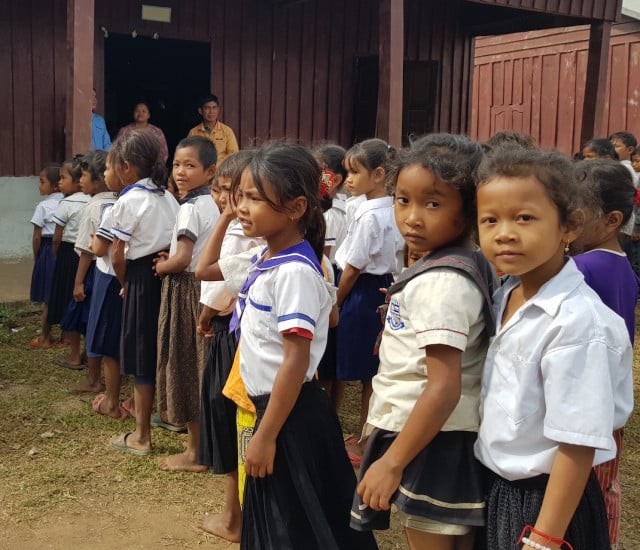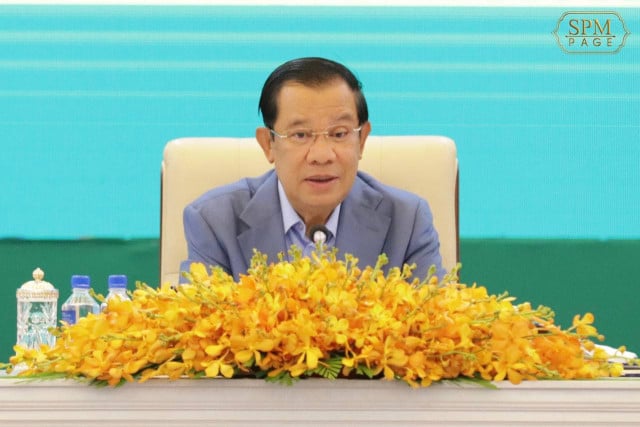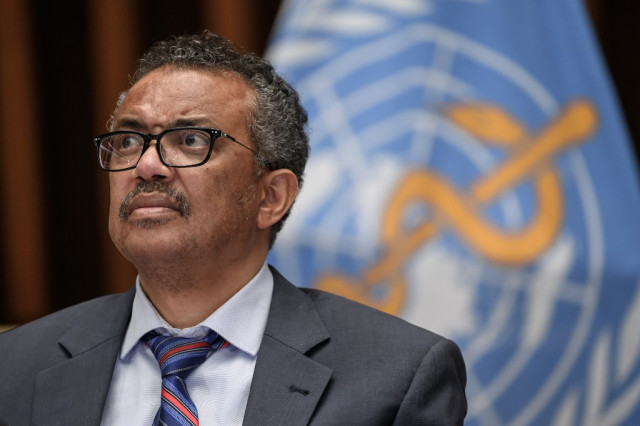Quality Education Still a Luxury for Many

- Ky Chamna
- November 3, 2020 7:39 AM
As the education gap continues to widen between rural and urban Cambodians, the urgency of equality is undeniable.
Education should undisputedly be considered a vital ingredient in the long-term development of any nation—a crucial opportunity which all children and adolescents should have access to.
However, in many developing nations, such as Cambodia, the quality of education, in terms of facilities, accessibility and curriculum, varies wildly between rural and urban communities. This gap remains very concerning, particularly with regards to younger students.
The impact of the COVID-19 pandemic has also demonstrated the short-comings of educational infrastructure that rural students face. The lack of technological accessibility in some far-flung areas of Cambodia restricts students from continuing their studies as their urban-dwelling counterparts have.
Basic facilities such as clean bathrooms and sanitation, libraries with adequate books, playgrounds for outdoor physical activities and electricity, computers, fans or printers are still lacking in many schools throughout rural Cambodia. Meanwhile Phnom Penh boasts a wide selection of esteemed international schools, private schools and well-equipped public schools—all bristling with technological advances that simply haven’t made their way across the country. Not only are the schools of urbanized areas better equipped, they’re more geographically accessible.
Sometimes, before reaching class early in the morning to attend the flag-hoisting ceremony on time, some rural students must walk several kilometers across the muddy rice fields with nothing more than simple rubber slippers to protect their feet from the elements. Some own a simple single-geared bicycle and a few others might be lucky enough to have an old motorbike.
The lack of hygienic facilities is one thing, but the lack of equipment often means rural students—often from disadvantaged families—must endure grueling feats just to access the most basic of educations. With no smartphones or tablets in their classrooms, or even up-to-date textbooks, students and their teachers alike must muddle through with a handful of often tattered books in what would appear to many as a makeshift classroom.
In the cities, the learning atmosphere is almost the exact opposite. Many of the schools are well-equipped with fans, air-conditioning, sanitized restrooms, playgrounds, security guards, school buses, televisions, high-speed internet access and many more advantages. Even though COVID-19 has disrupted the education sector nationwide, urban students have proven themselves more adaptable to learning online, having developed a familiarity with the devices that are readily accessible to them.
Meanwhile, the lack of internet access, school funding for equipment and teachers trained to deliver online classes has further widened the education gap between rural and urban students over the course of the pandemic.
Despite the advantages of urbanites that have been made abundantly clear—equipment, accessibility, quality and supporting infrastructure—some students in the cities remain unsatisfied. Many have skipped class over the recent rainfall, as their journey to school has become less convenient. Contrasted against the daily struggles of many rural students, the privilege is very apparent.

Education has a huge influence on a child’s future, but also on their communities’ futures too. The dramatic gap between regions poses serious challenges for Cambodia’s education sector, with rural students being less likely to succeed and having to work much harder in order to do so.
This can be an issue which requires many decades of dedication to eliminate. Geography can sometimes play an unfair game, but there should be no excuses for this educational issue. The gap has to be reduced.
For those underprivileged students, their best efforts may amount to something close to what those wealthier students expect as a birthright and so, for those who do enjoy the luxury of a quality education, the promise that it offers should be cherished.
What you take for granted is what others have been dreaming of for years.















